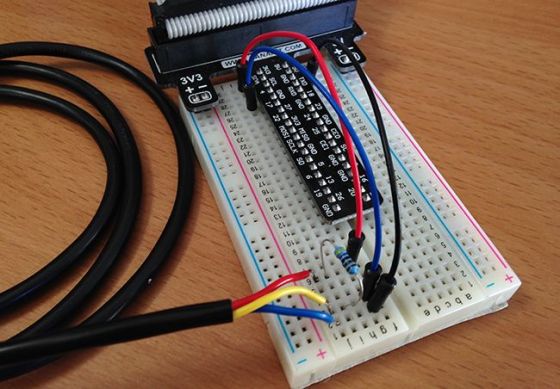![]()
The Raspberry Pi Foundation’s free CPD for educators is coming to Birmingham. The sessions, which will be led by Martin O’Hanlon, will be held at the latest Google Digital Garage which is located inside Birmingham Library. The following dates are available:
- 27th – 28th August
- 1st – 2nd October
- 2nd – 3rd November
- 7th – 8th December
and you can apply by filling in the application form.






